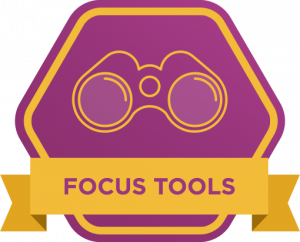There are many complexities and constraints when it comes to creating the lives we truly want.
In different ways it has been said—you can have everything you want, just not all at the same time. And, indeed, throughout our lives we are forced to choose, to sequence our “wants” according to what makes sense for our circumstances.
Coming out of school with a bunch of debt, it’s harder to venture out on your own. With a young family and mouths to feed, it’s harder to take risk. With the runway of a great career, it’s harder, and often wiser, to work that track for the “right” amount of time.
If we do it right, and we’re lucky to live long enough, by “simply” making the right choices at each point in time, we can create our most magical lives.
Yet, it can be very hard to keep our eye on the prize.


